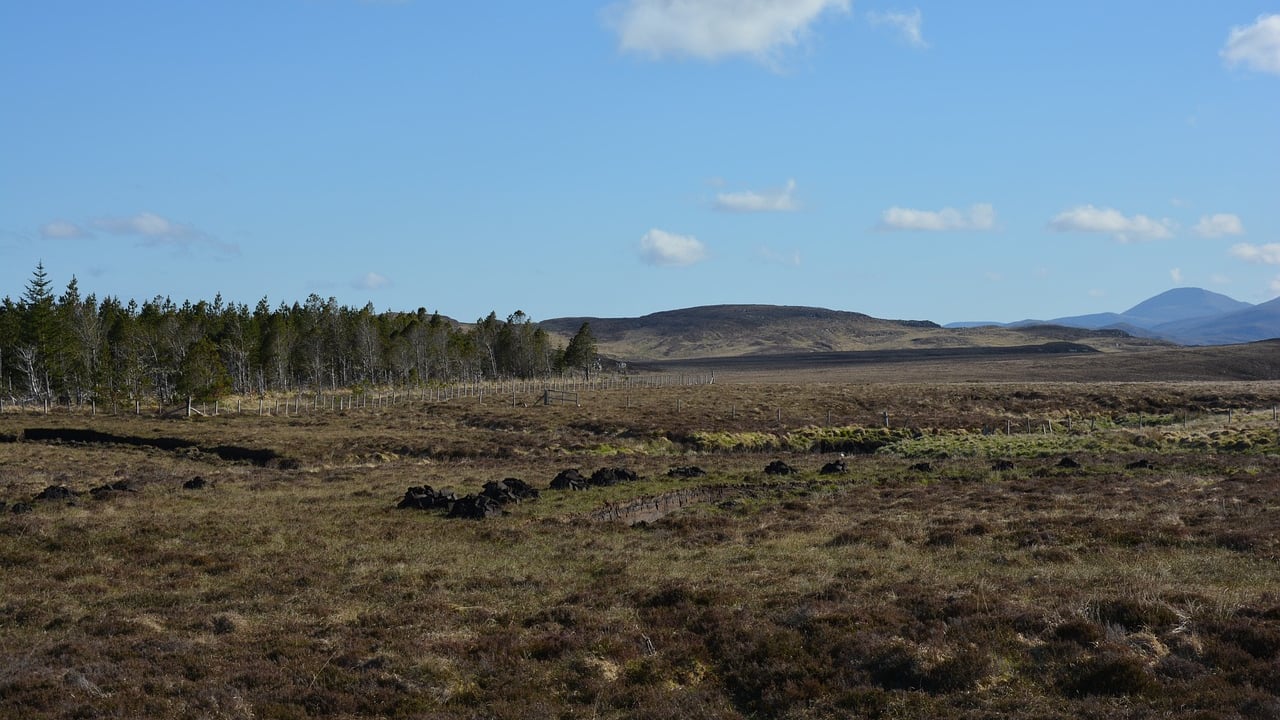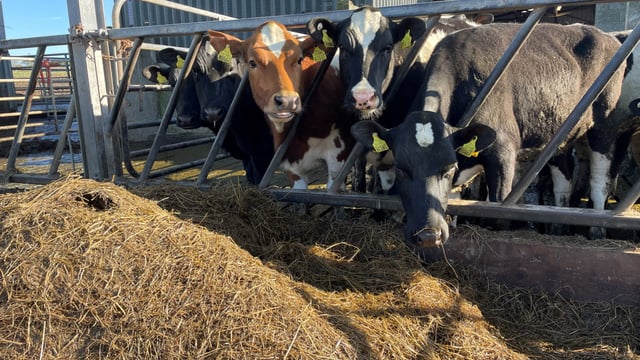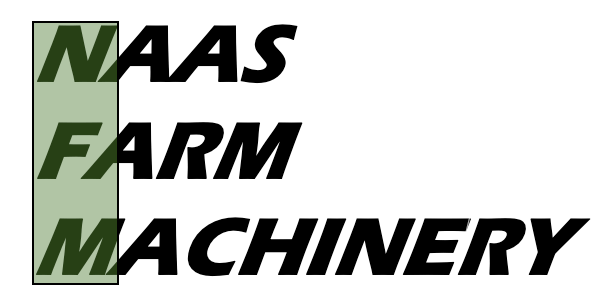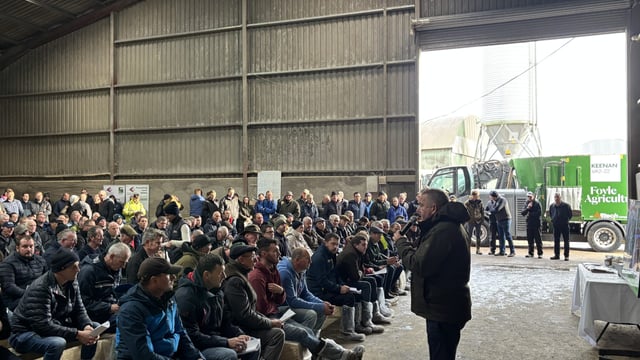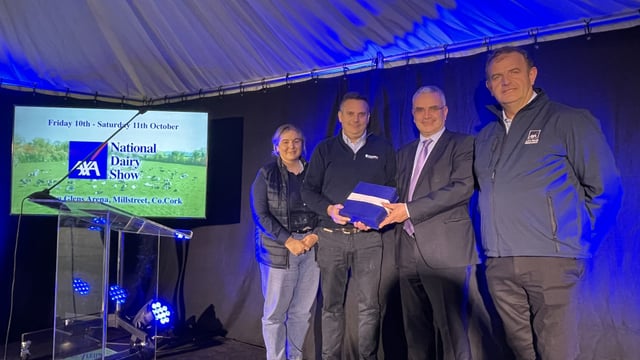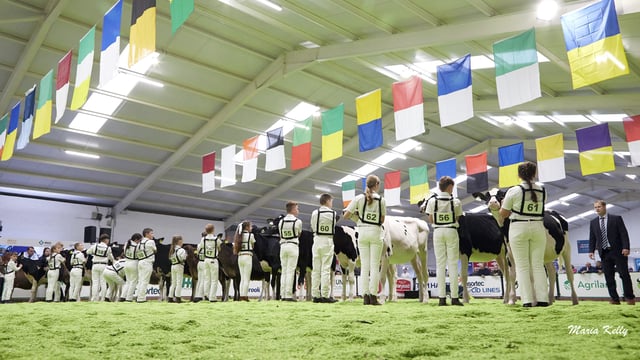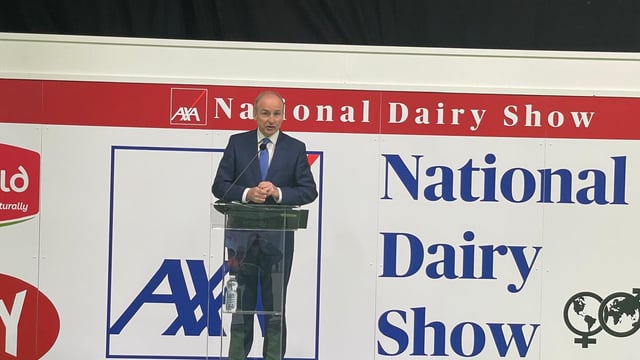Study: Funding schemes needed for sustainable peatland management
New research prepared for the Environmental Protection Agency (EPA) has found that financial schemes are needed as part of ensuring sustainable healthy peatlands.
The research was led by a team at University College Dublin (UCD).
According to the study, healthy peatlands provide a range of benefits for human health and well-being, including improved air and water quality, water regulation, lower carbon emissions, and access to natural and cultural heritage.
Research and policy across Europe highlight the need for protection of undrained peatlands, rewetting of drained peatlands, and restoration of degraded peatlands.
According to the research paper, this is essential to achieve global and EU goals on climate, soil, water, and biodiversity.
Peatland research
In Ireland and in other regions, peatland research has expanded rapidly in the last two decades, encompassing a diverse,multidisciplinary evidence base.
In this context, the research team found that it is important to synthesise existing knowledge, understand knowledge gaps and uncertainties, and provide a roadmap for the future sustainable management of Irish peatlands.
The Peat Hub Ireland (PHI) project synthesised Irish peatland research from 2000 to 2023 to identify key trends, risks, and knowledge gaps, providing researchers, policymakers, and civil society with reliable evidence to guide future peatlands research, sustainable peatland management, and informed decision-making for Irish peatlands.
Findings
The PHI project synthesised over two decades of peatland research to provide actionable insights for sustainable peatland management, identifying 71 research gaps and 96 priority actions across biodiversity, climate, policy, and other key themes.
The project incorporated expert and stakeholder knowledge with peer-reviewed and grey literature to represent the wide knowledge base needed for sustainable peatland management.
The project’s findings support evidence-based decision-making through four strategic recommendations, each serving as a foundational pillar to achieve sustainable peatland management.
The four recommendations are as follows:
- Accountability in the area of policy, regulations and governance;
- Long-term funding mechanisms for monitoring and financial schemes;
- Equity, especially in training and supporting community-led peatland management;
- Holistic knowledge: a new paradigm for participatory and open research on peatlands.
The study stated: "The provision of sufficient recurrent funding is paramount to ensuring full implementation of regulations through the relevant national authorities.
"Funding should also cover long-term monitoring, which is not currently supported by funding platforms. It is critical that the Irish government provide a long-term management plan and associated financial frameworks to secure the continuity of the sustainable management of shared peatland resources, including both designated and non-designated peatlands.
"Carbon, biodiversity, and water credit schemes could offer key incentives, enabling businesses, organisations, and individuals to invest in land management and restoration," the researchers stated.
As such schemes require support from communities around bogs, the study recommends that funding support be enhanced for those local communities.
The project developed a peatland glossary, an open-source database, and 10 factsheets that provide accessible summaries of each thematic area.
A policy brief was also produced with a suite of recommendations to support policymakers in implementing the global and national policies required to drive sustainable peatland management.
How can the research be used?
The findings provide researchers, policymakers, and civil society with accessible, reliable, and up-to-date evidence for sustainable peatland management in Ireland.
The evidence synthesis process - incorporating expert and stakeholder knowledge and evidence from multiple resources - produced several outputs for all stakeholders.
For policymakers, the 96 actions identified, along with the recommendations, offer a policy roadmap – including enforcing regulations, securing long-term funding and fostering cross-sectoral collaboration – for meeting Ireland’s climate and biodiversity targets through sustainable peatland management.
For researchers, the study identifies 71 critical research gaps (of which 50% are high priority) and advocates for open science, interdisciplinary collaboration, participatory methodologies, and the use of emerging technologies to advance peatland science.
For communities/non-governmental organisations (NGOs), the report provides an accessible and reliable knowledge base for those seeking to protect, manage, or restore local peatlands, and tools for engagement and advocacy, ensuring that local voices shape peatland management, according to the study.

